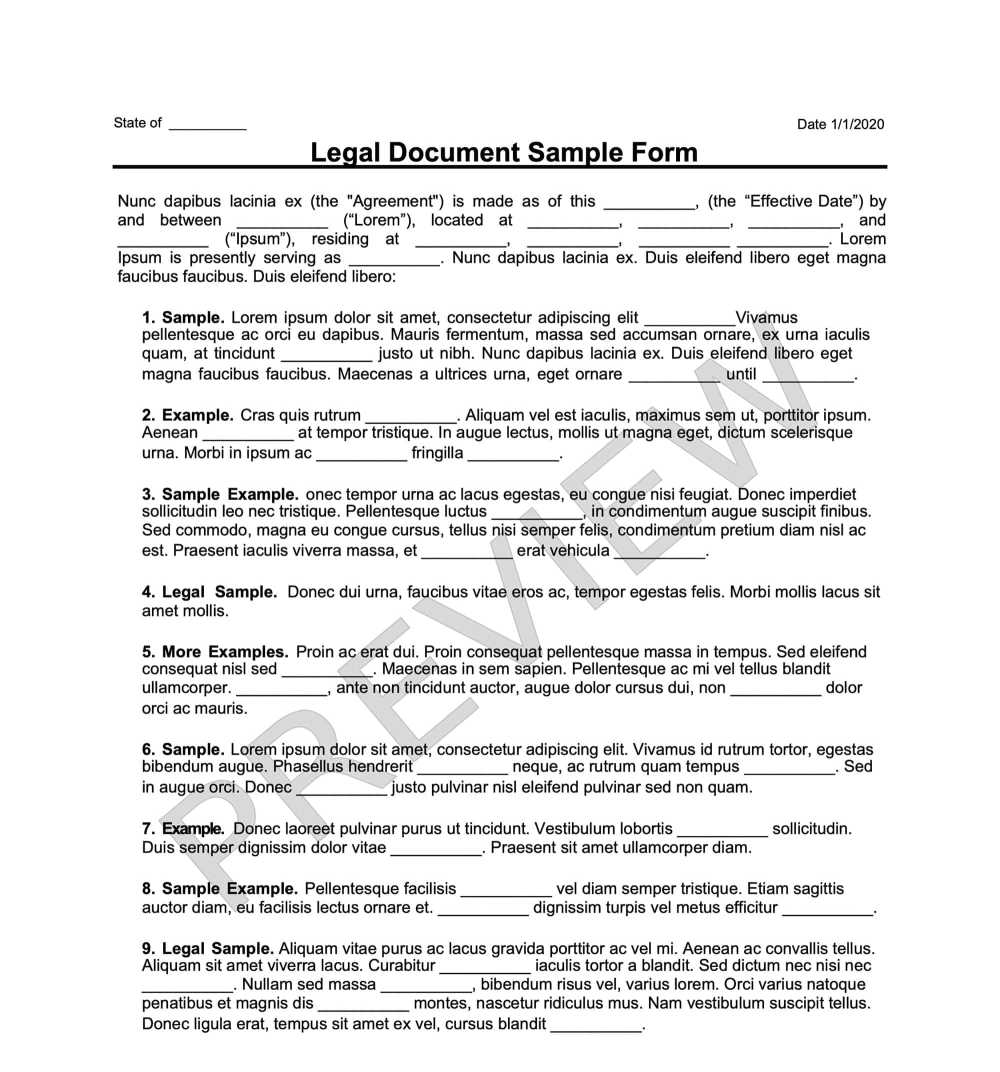Affidavit of Survivorship
When a person dies with joint tenancy rights to a property, an Affidavit of Survivorship can be used to transfer the property fully to other joint tenants.


Frequently Asked Questions
If a joint tenancy ownership exists between two spouses, the surviving spouse automatically becomes the sole owner of the property upon the death of the co-owner. The property does not go through probate in this case.
In some states, any property acquired by either spouse in a marriage is considered community property. That is, it belongs to both marriage partners automatically. This grants the rights of survivorship on that property in situations where those rights apply.
No. When a tenant passes in a joint tenancy, all the interests of that tenant are absorbed by the remaining tenants. However, a tenancy in common grants each individual tenant a transferable interest in the property and there is no legal requirement for the property to be transferred to the remaining tenants upon the death of a single tenant.
Both documents serve a similar purpose: to state facts in writing that are true to the best of the affiant’s knowledge. However, an affidavit is typically used as a court matter. A statutory declaration is mostly used outside of court to satisfy legal or regulatory requirements as pursuant to law.
In most cases where rights of survivorship are invoked, estate taxes are levied. Meaning that the surviving member of the joint tenancy will likely have to pay taxes on the portion of the property transferred to their ownership. That is if the value of the property is large enough to qualify for estate taxes in the state where it is located.




